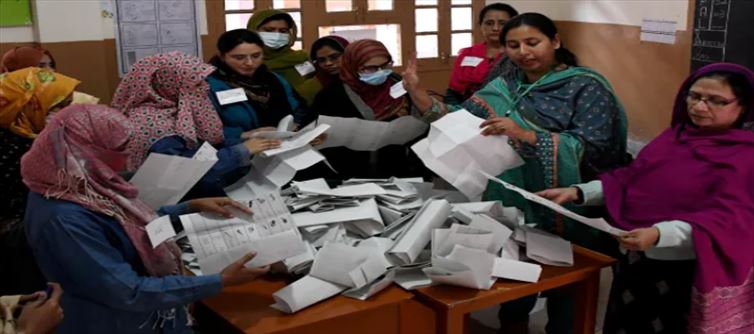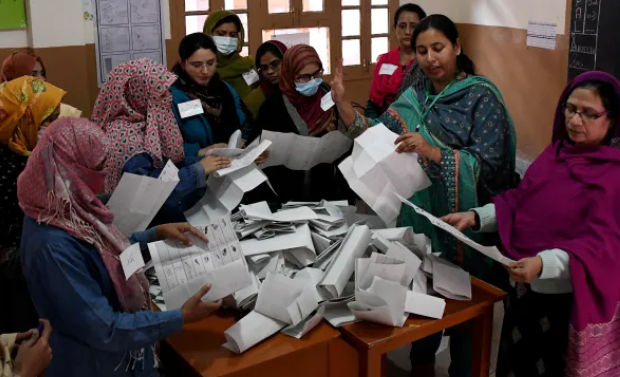
In pakistan, the general elections have concluded, and the vote counting process is currently underway. The major contenders in this election include candidates supporting Imran Khan, Nawaz Sharif from the pakistan Muslim League, and the pakistan Peoples Party.

Unlike India, where individuals from any religion can become the Prime Minister, pakistan has a different criterion. In pakistan, only a person belonging to the Muslim religion is eligible to become the Prime Minister. This criterion excludes individuals from non-Muslim minority communities from holding the position.
The pakistan National assembly consists of a total of 336 seats. Out of these, 266 seats are directly elected by the public through votes, and 70 seats are reserved. Among the reserved seats, 60 are for women, and 10 are specifically reserved for non-Muslims. The allocation of National Reserve seats is proportional to the capacity of the winning parties.
For a party to secure a majority in the National assembly, it needs to have at least 169 members. The ongoing elections mark the 12th round in pakistan, where the military holds significant influence over the country's political landscape. The military has played a dominant role in Pakistani politics, with periods of direct rule extending for more than three decades.




 click and follow Indiaherald WhatsApp channel
click and follow Indiaherald WhatsApp channel